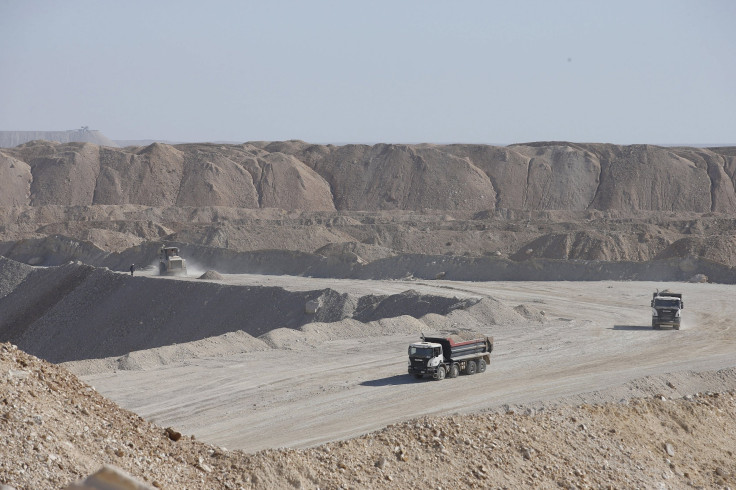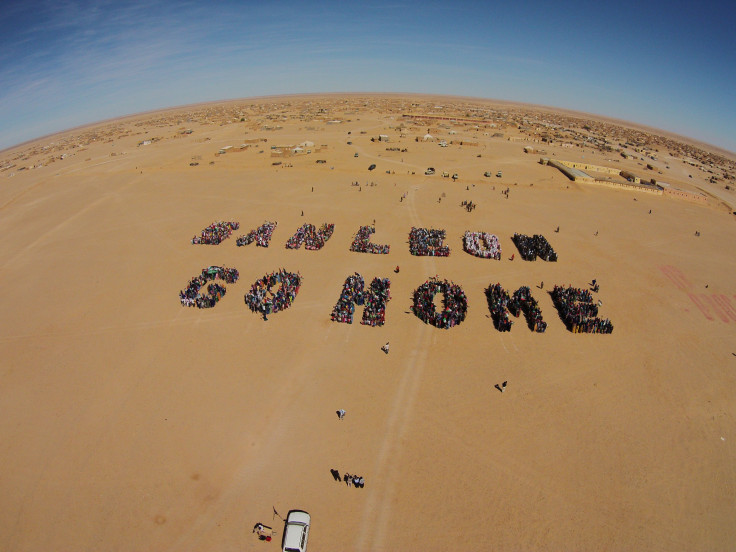Fertiliser producer Incitec Pivot is Australia’s last importer of 'illegal' phosphate from disputed Western Sahara

Fertiliser producer Incitec Pivot Ltd. (ASX:IPL) is the last Australian importer of rock phosphate from the disputed territory of Western Sahara, a report has found.
In 2015, Incitec Pivot imported 63,000 tonnes of phosphate worth US$7.48 million and constituting one third of its superphosphate fertiliser mix.
These figures make Incitec Pivot the world’s sixth largest importer of phosphates from Western Sahara, which is disputed between Morocco and the indigenous-led Saharawi Arab Democratic Republic (SADR), and accounts for almost three quarters of the world’s phosphate reserves.
“We have been in touch with Incitec Pivot for many years with letters explaining the issue to them and meeting them, but we haven’t been successful in convincing them to end their illegal exploitation of this resource,” said Kamal Fadel, Australian representative of SADR’s governing party, the Polisario Front, and head of the SADR Petroleum and Mining Authority.
The United Nations considers Western Sahara a Non-Self Governing Territory after Morocco occupied much of the region from 1975 in the wake of a war triggered by Spain’s withdrawal from its former colony. An independence referendum was requested by the UN before Spain’s withdrawal, however attempts to hold a vote have stalled ever since. This unresolved conflict gave rise to Western Sahara’s moniker of “Africa’s last colony.”
As part of Morocco’s occupation, the country offered tax breaks for citizens to relocate to what it calls its Southern Provinces, where Moroccans now outnumber Saharawis two to one. Meanwhile, between 90,000 and 165,000 Saharawi refugees live in Polisario-run camps across the border in Algeria. Western Sahara is currently divided by a 2,700 km berm which separates the Moroccan-controlled territory and the SADR territory.
The UN stated that “if further exploration and exploitation activities were to proceed in disregard of the interests and wishes of the people of Western Sahara, they would be in violation of the international law principles applicable to mineral resource activities in Non-Self-Governing Territories,” which pertains to meeting the needs and interests of the native people and respecting their "permanent sovereignty over natural resources.”

Incitec Pivot says it has been advised its imports from the Moroccan state-owned Bou Craa mine in Western Sahara do not violate Australian or international law. It did not respond to repeated requests for further comment.
A spokesperson for the Department of Foreign Affairs and Trade noted that the government “does not ban the importation of phosphates from Western Sahara, but encourages companies to seek independent legal advice before proceeding with such imports.”
The two other Australian importers of phosphate from Western Sahara, Wesfarmers (through its subsidiary CSBP) and Impact Fertilisers, divested from the region in 2009 and 2012, respectively.
This was part of a larger global shift, with Fadel noting “there is no doubt that our lobbying was part of it, but I think it was also in part from international pressure from ethical groups and also people who invest in these companies.”
The United Methodist Church, Denmark's largest bank Dankse Bank, Norwegian financial services companies Storebrand and KLP, and the Swedish and Luxembourgish national pension funds have all explicitly blacklisted Incitec Pivot citing ethical concerns, while numerous other investors have enacted blanket boycotts targeting all importers from occupied Western Sahara.
The report, entitled P for Plunder and published in April by the Western Sahara Resource Watch, calls for a cessation of imports from occupied Western Sahara and for investors to divest if companies do not.





















